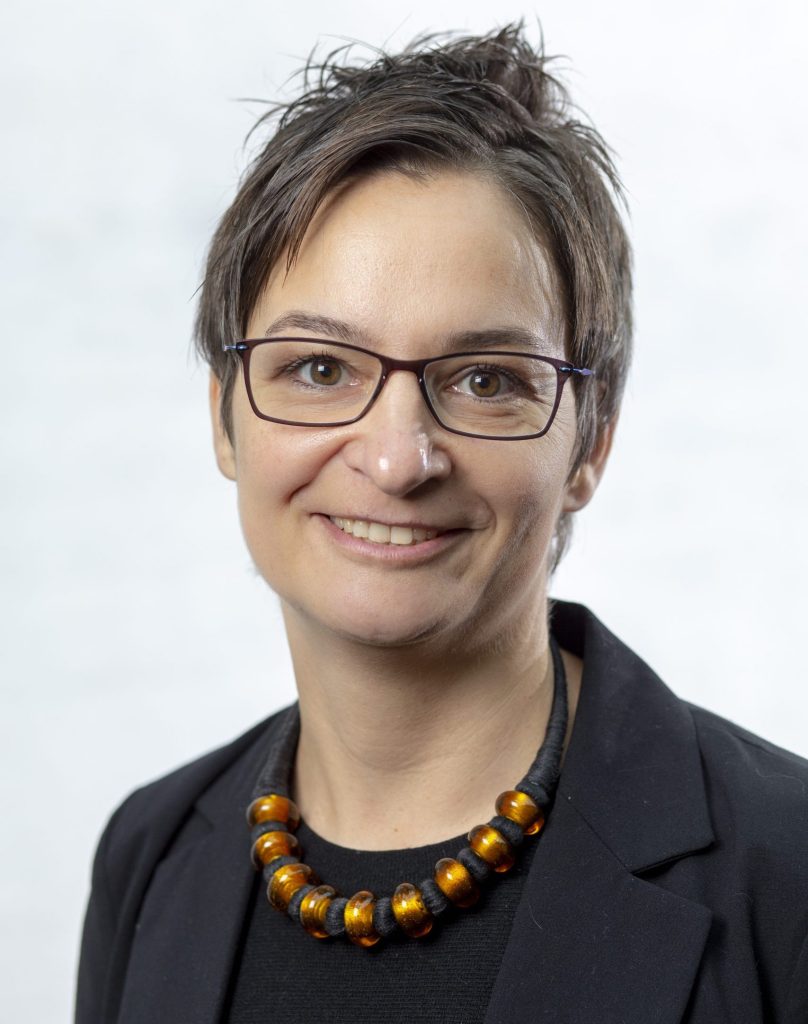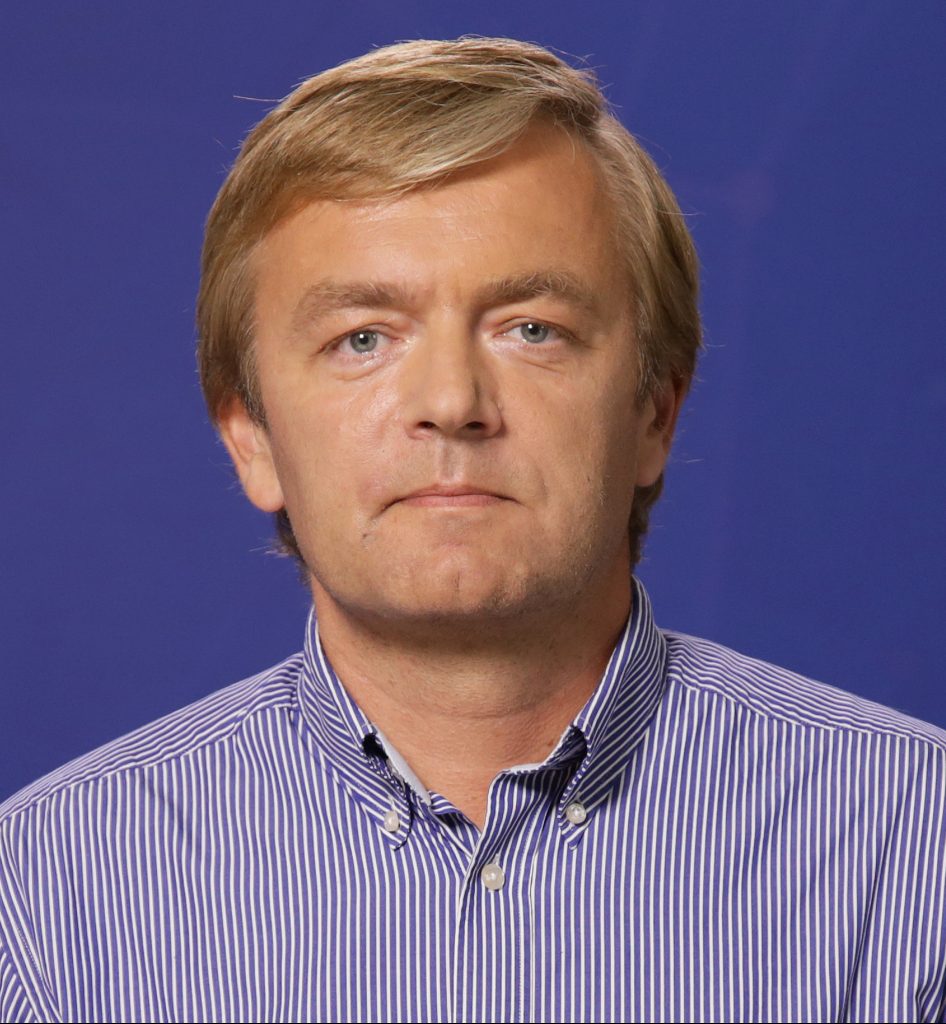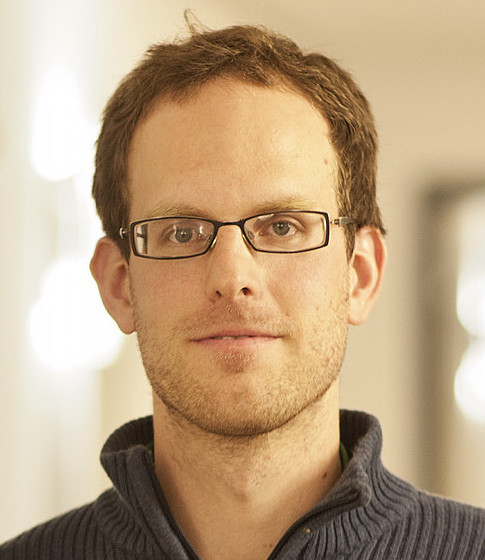A Moralist International Under Arms? Russia’s Role in the Global Culture Wars, Prior to and During Its War With Ukraine

Kristina Stoeckl is a full professor of sociology at LUISS Guido Carli University in Rome.
In the decade preceding Russia’s full-scale invasion of Ukraine, from roughly 2012 until 2022, the Russian Orthodox Church, Russian politicians, state diplomats, and civil society organizations financed by Kremlin- or church-affiliated entrepreneurs worked in unison to create the image of Russia as the defender of “traditional values” in Europe and in the world.


